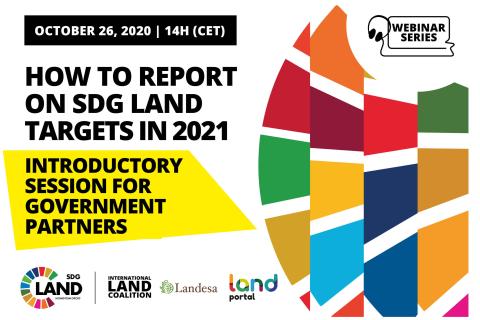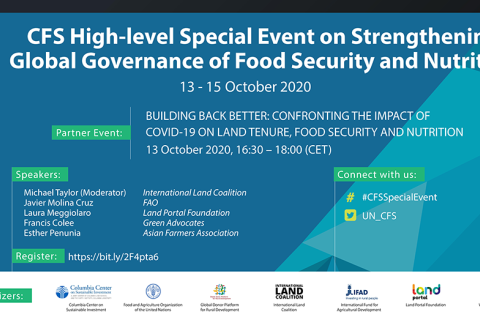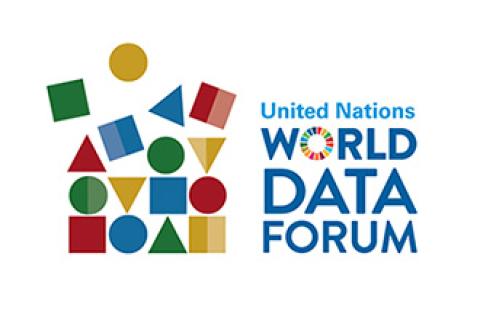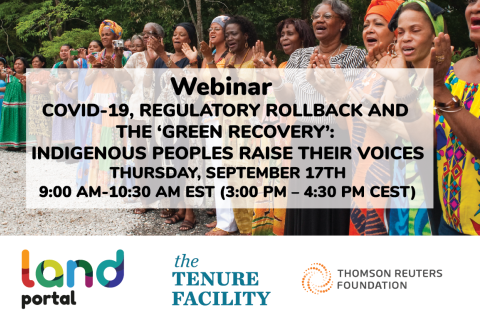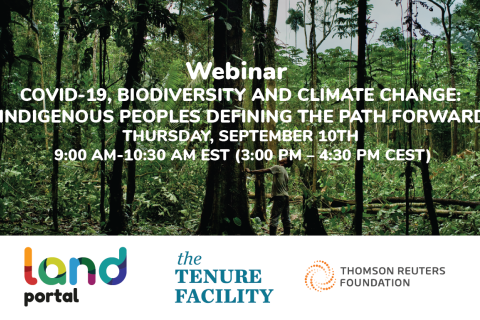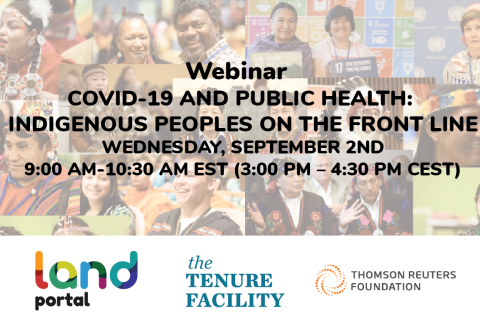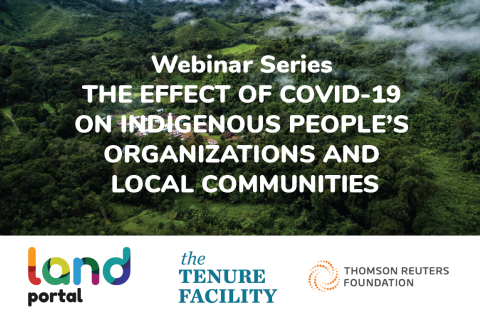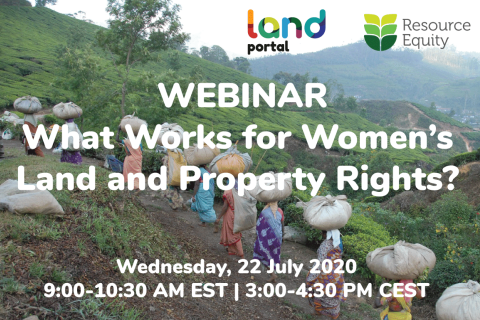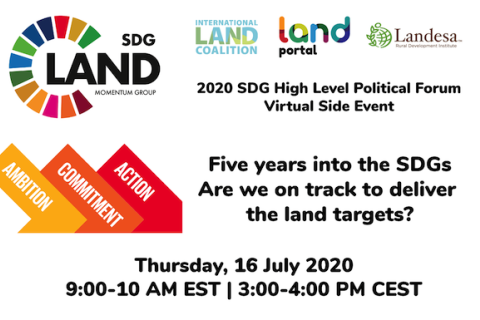How to Report On SDG Land Targets in 2021: Introductory Session for Government Partners
All the UN member states have committed to achieve the Sustainable Development Targets by 2030. However, there is a clear gap between what is being committed and the delivery of the commitments. For example, in 2020 National Voluntary Reports only seven countries reported on specific land targets. No country reported on the all three key land targets.
Informal settlements and access to data in the time of COVID: a case for sharing data for decision making
The spread of COVID-19 in South Africa and other countries in the region has again brought to the fore the fact that very dense, under-serviced, mostly informal, settlements are not healthy places to live. They are also places where the spread of a disease is difficult to prevent or manage.
Building Back Better: Confronting the Impact of COVID-19 on Land Tenure, Food Security and Nutrition
Partners Event on coordinating a Covid-19 response while monitoring the effect on governance of tenure and determining how to build back better
Use of semantics applied to food and agricultural data innovation systems as a key step to achieving the SDGs
FAO produces and synthesizes a wealth of information data across all the sectors to help eradicate poverty, eliminate hunger, food insecurity and malnutrition, make agriculture, forestry and fisheries more productive and sustainable, reduce rural poverty, enable inclusive and efficient agricultural and food systems, and increase the resilience of livelihoods to threats and crises. These information and data are in text, statistical, graphic and map formats that are accessible through a wide number of FAO Knowledge Platforms.
Webinar: The State of Land Information in South Africa
The State of Land Information in South Africa
2020 Vision: Reflections on a Quarter Century of Metadata
Challenges finding information in food and agriculture on the Web: what can we do better?
Wednesday, 23 September
(2020-09-23)
15:00 - 16:30 UTC
Panelists will be from FAO, CGIAR, Land Portal Foundation, USDA and Beijing Academy of Agriculture and Forestry Sciences.
COVID-19, Regulatory Rollback and the ‘Green Recovery’: Indigenous Peoples Raise Their Voices
As COVID-19 has hobbled governments around the world, environmental protections have diminished or disappeared altogether, leaving the door wide open for abuse, corruption, land grabs. Indigenous peoples and their territories are prime targets to pillage during this vulnerable period.
COVID-19, Biodiversity and Climate Change: Indigenous Peoples Defining the Path Forward
Indigenous Peoples and local communities manage more than half of the world´s land. These biodiverse ancestral lands are vital to the people who steward them and the planet we all share. But governments only recognize indigenous and community legal ownership of 10 percent of the world´s lands. Secure tenure is essential for safeguarding the existing forests against external forces. This is specifically true for forests managed by Indigenous Peoples, where much of the world’s carbon is stored.
COVID-19 and Public Health: Indigenous Peoples on the Front Line
Wednesday, September 2nd, 9:00 AM-10:30 AM EST (3:00 PM – 4:30 PM CEST)
Three-quarters of emerging infectious diseases are zoonoses, meaning they can be transmitted from animals to humans, with Ebola, SARS, MERS and now COVID-19 being examples. Scientists are warning that deforestation, industrial agriculture, illegal wildlife trade, climate change and other types of environmental degradation increase the risk of future pandemics.
Webinar Series: The Effect of COVID-19 on Indigenous People’s Organizations and Local Communities
This series of three webinars features indigenous and non-indigenous leaders in a virtual roundtable to discuss both the key effects that COVID-19 is generating in their communities as well as possible solutions and the way forward.
What Works for Women’s Land and Property Rights?
Global commitments to women’s land rights have never been stronger, yet there are gaps in rigorous evidence on the effectiveness of particular strategies to strengthen women’s land rights in practice. In this webinar we will host a forward looking discussion on gaps and opportunities for research on what works to improve women’s land rights.
Five years into the SDGs: are we on track to deliver the land targets?
Acknowledging the centrality of land issues to end hunger and achieve sustainable development, countries have agreed to meet ambitious land targets by 2030. Five years into the SDGs, persistent land insecurity, land evictions, threats to land rights defenders and other challenges show that the land promises are not being delivered.

